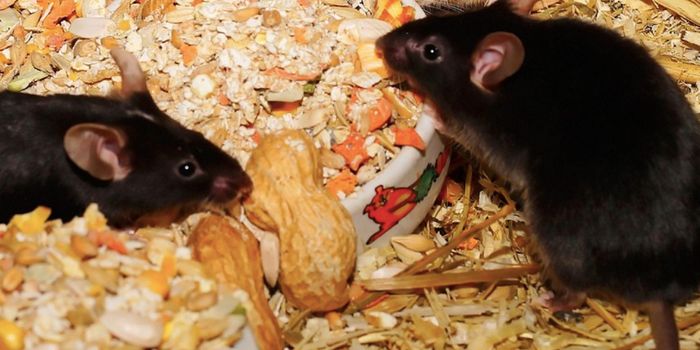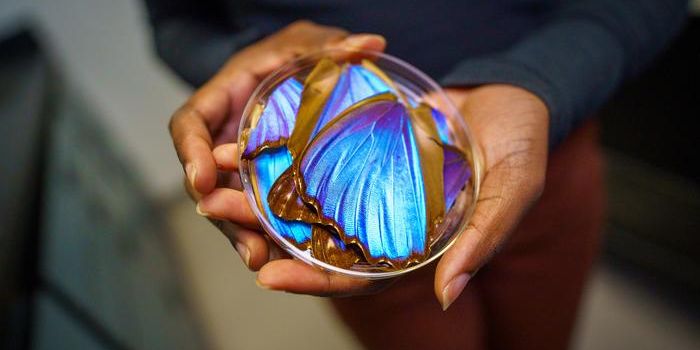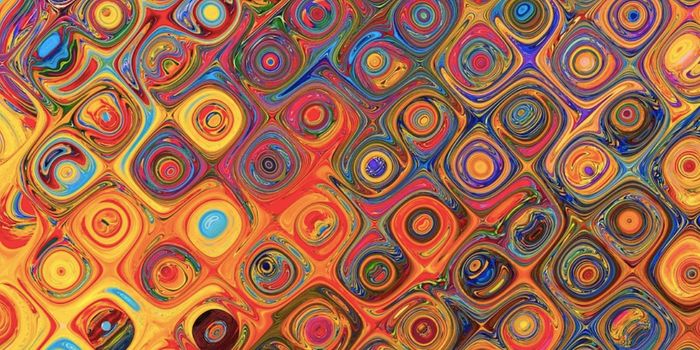Were Jellies the First Animals to Exist?
What was the first animal on Earth before all of these complex life forms came into existence? Many would be quick to tell you it was the sponge, but some scientists are taking a different stance on things and re-writing the world’s family tree for animals.
The debate has raged on for quite some time. There was a study that surfaced in March in the journal Current Biology that supported the idea of sponges as the first type of animal to develop on Earth, which eventually led to everything else.
On the other hand, this debate may see no end, as researchers from Vanderbilt University are now siding with marine jellies instead. Their study was published in the journal Nature Ecology & Evolution on April 10th.
Image Credit: dootdorin/Pixabay
Sponges were the original suspect in terms of what might have been the world’s first animal, as they’re so incredibly simple. Evolution would have then led to the animal complexity we have now. On the other hand, there are reportedly problems with this theory that presented themselves during phylogenomic studies.
Scientists compared DNA strands from different species to one another to try and develop relationships between animals and attempt to figure out which ones were more complex and which ones would have come first.
While there was a bevy of useful information that helped build the family tree of animals walking the Earth today, it also helped to stir the pot for the ongoing debate of whether either marine jellies or sponges were among the first animals to exist on Earth.
“The current method that scientists use in phylogenomic studies is to collect large amounts of genetic data, analyze the data, build a set of relationships, and then argue that their conclusions are correct because of various improvements they have made in their analysis,” said study co-author Antonis Rokas, from Vanderbilt University.
“This has worked extremely well in 95 percent of the cases, but it has led to apparently irreconcilable differences in the remaining 5 percent.”
Getting into the niddy-griddy, the researchers were able to compare one species to another, looking for genes that seemed to be related. This allowed them to draw conclusions about each of the animals’ relation to one another.
To do this, they chose one animal DNA sample to question and then two additional animal DNA samples to compare it to genetically. Whichever of the comparable animals had a closer DNA match to the original animal would be considered a genetic lineage in the so-called “family tree.”
Among the results, marine jellies had more related genes to all animals in the study than sponges did, which certainly puts a lot of scientific evidence behind marine jellies being among the first animals to exist on Earth, eventually evolving into the complex life forms we see today.
Related: The amazing new jellyfish from the Mariana Trench that you've got to see
“We believe that our approach can help resolve many of these long-standing controversies and raise the game of phylogenetic reconstruction to a new level,” Rokas continued.
While this study is sure to stir up some debate in the scientific community, it seems to certainly support the notion that marine jellies existed before sponges and that they may have been one of the springboards for all the life we have on Earth today.
It should be interesting to see the response from nay-sayers.
Source: Vanderbilt University via Live Science









